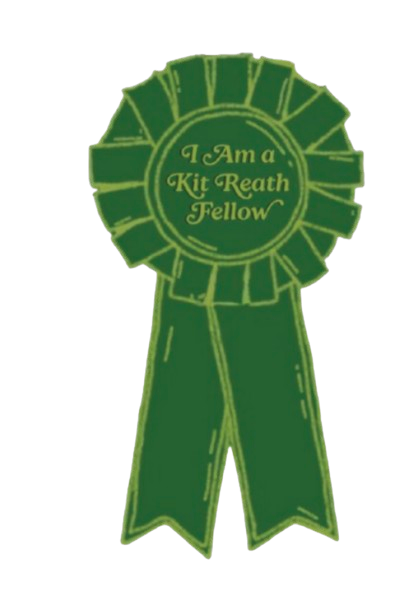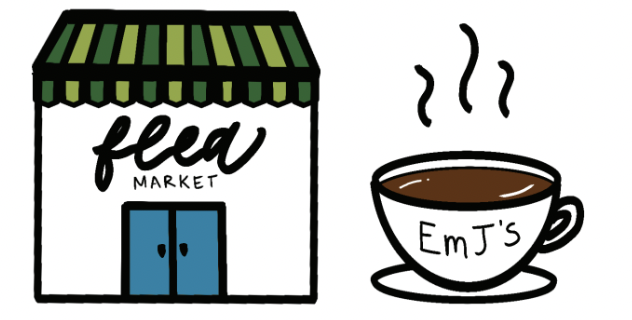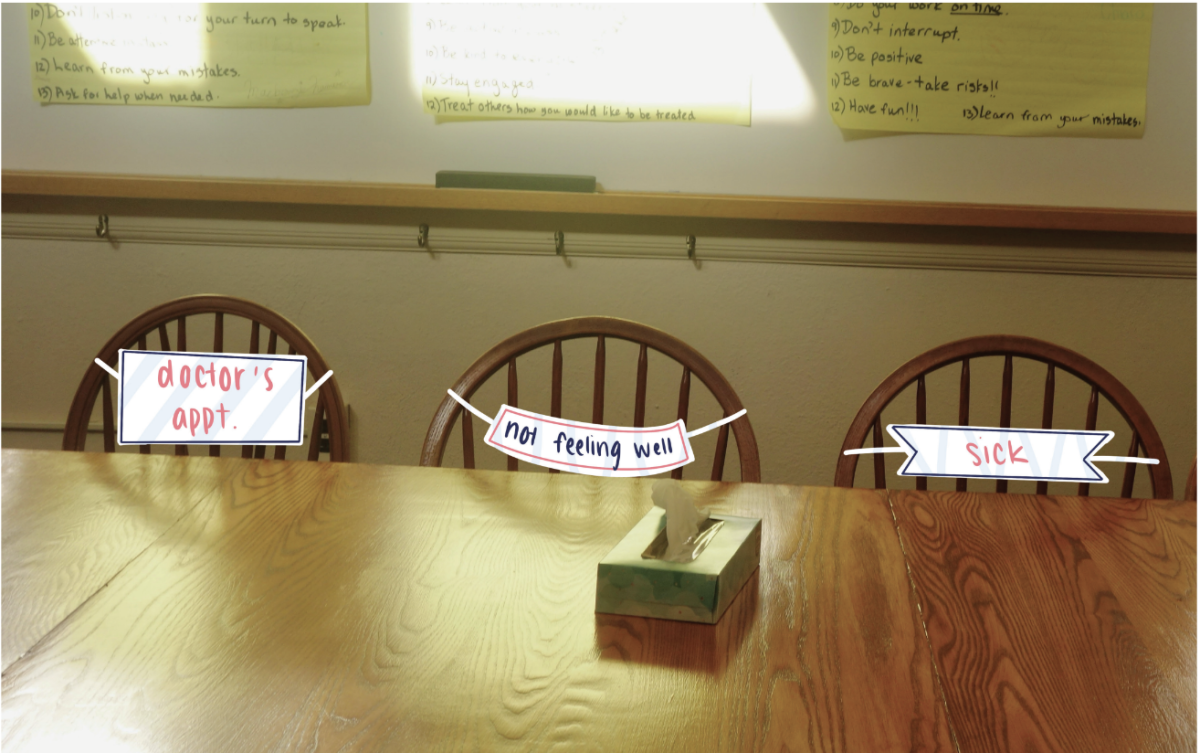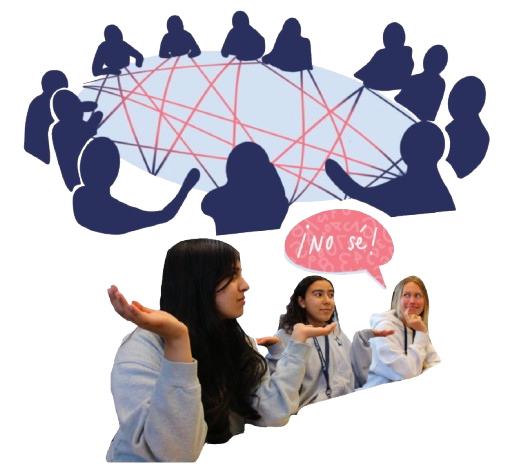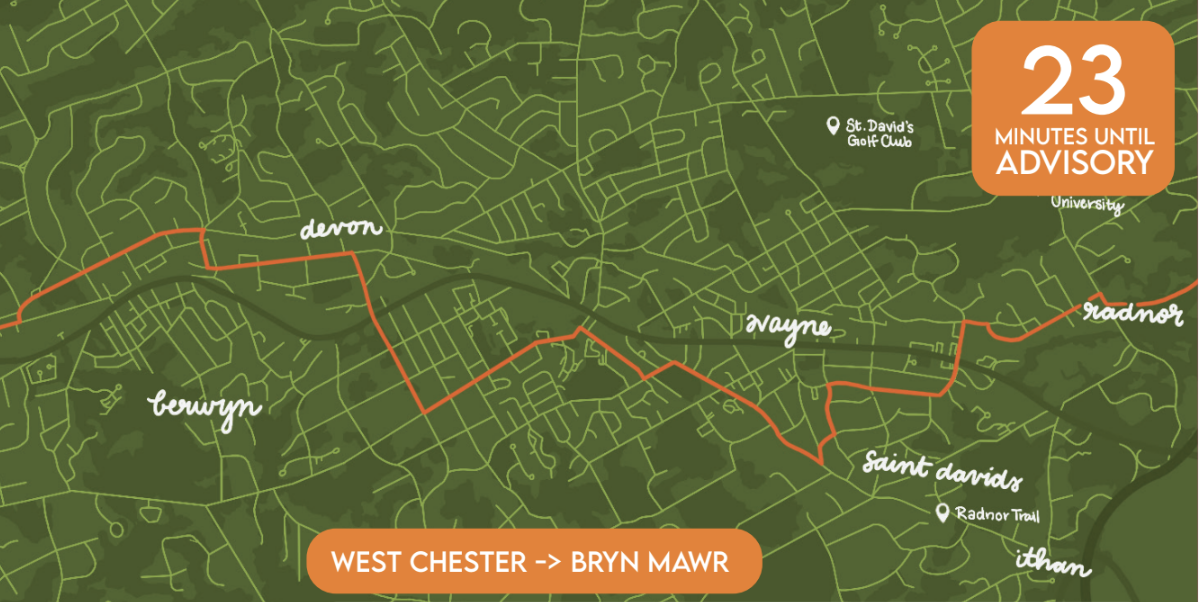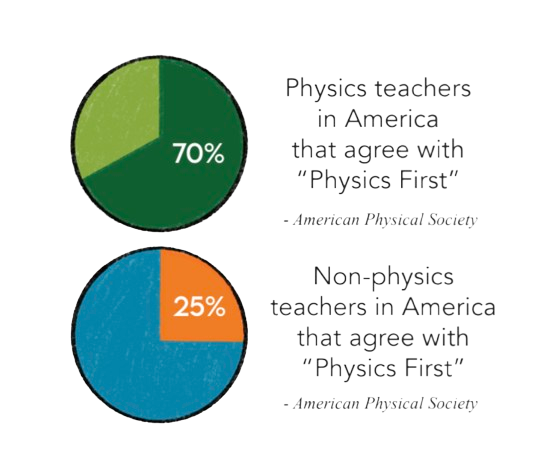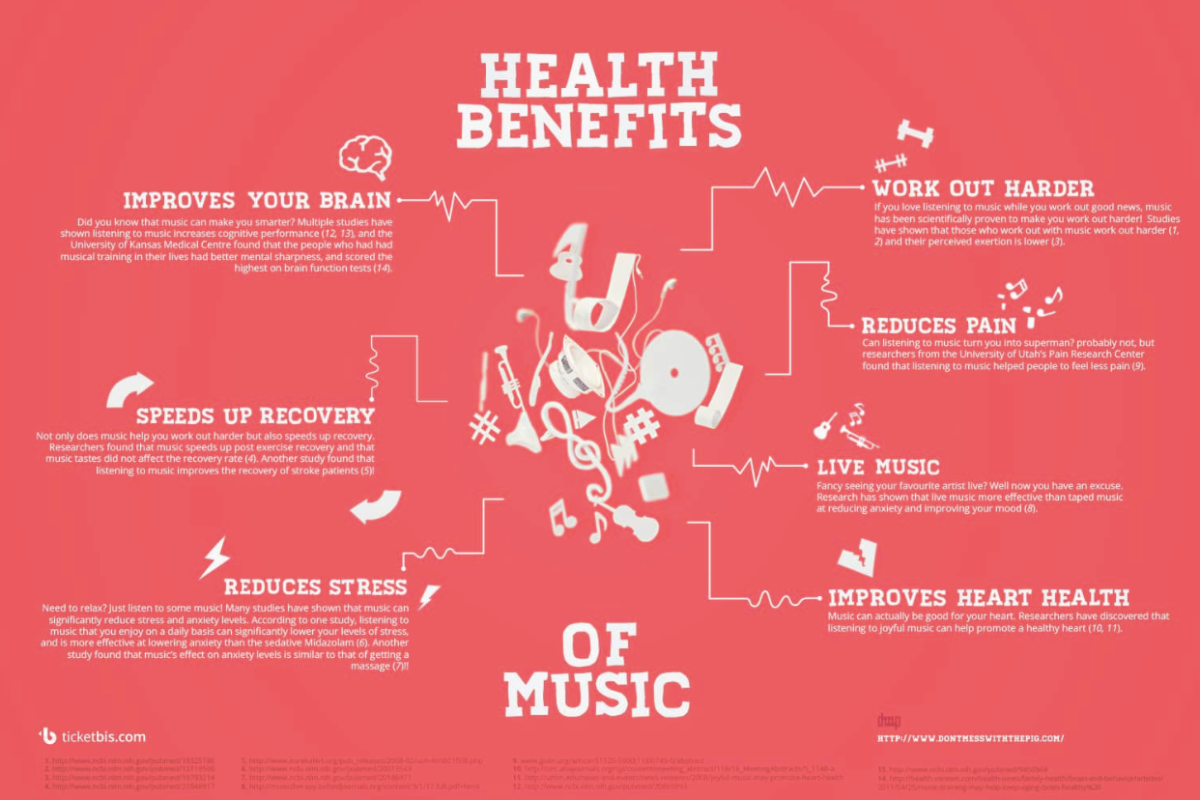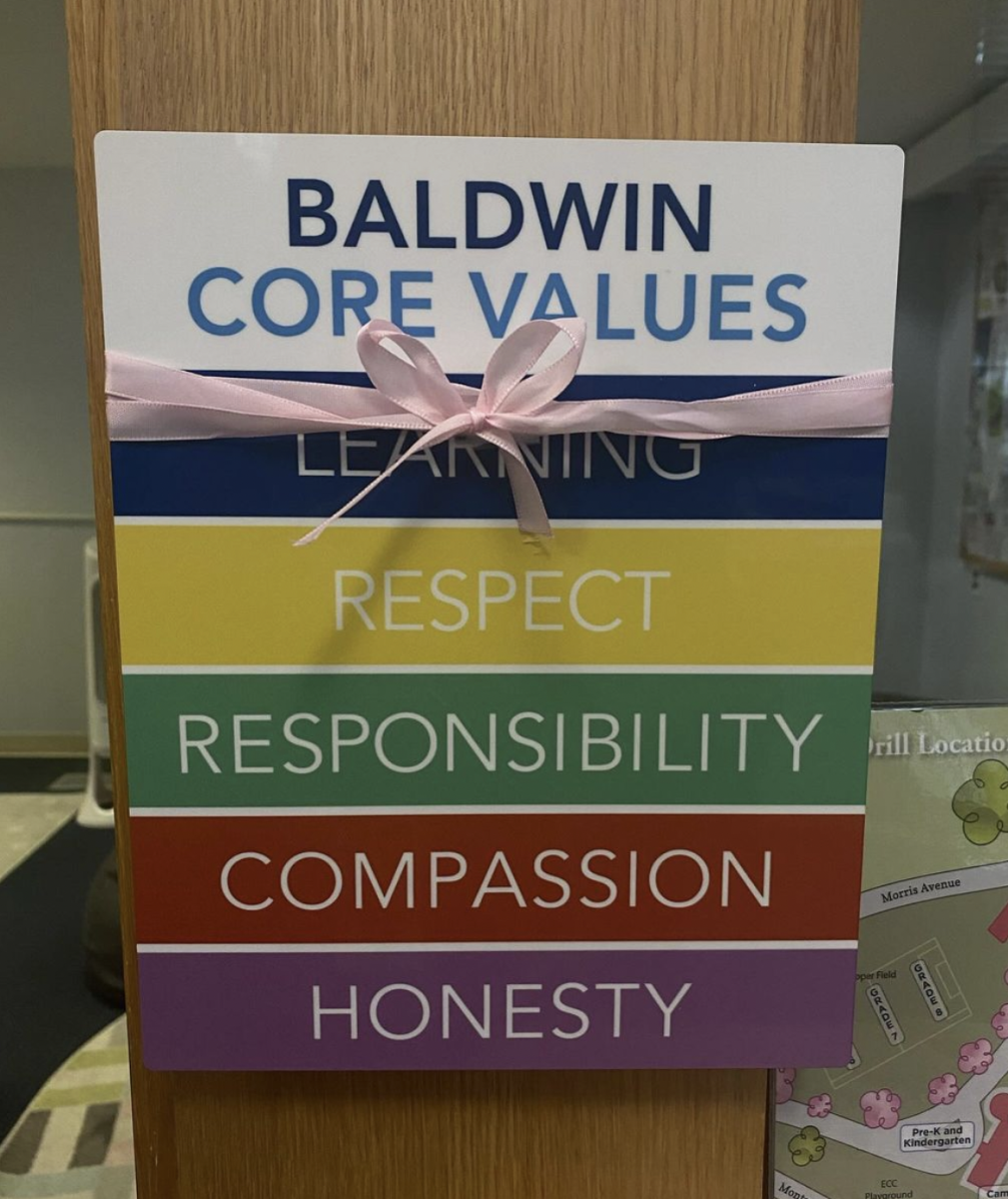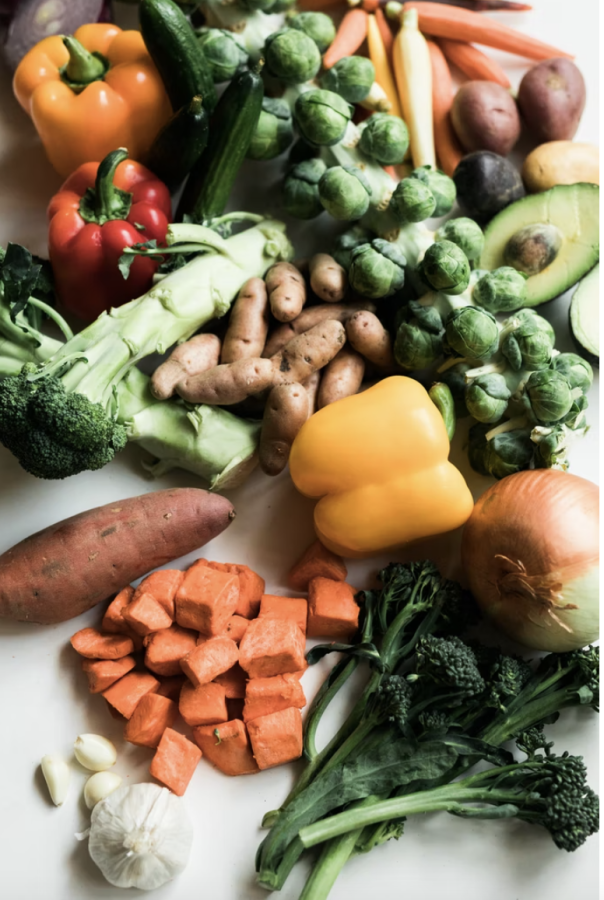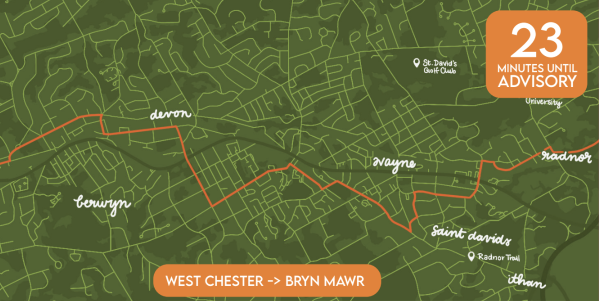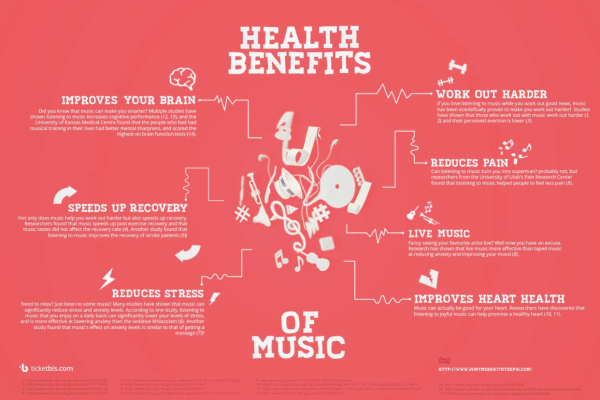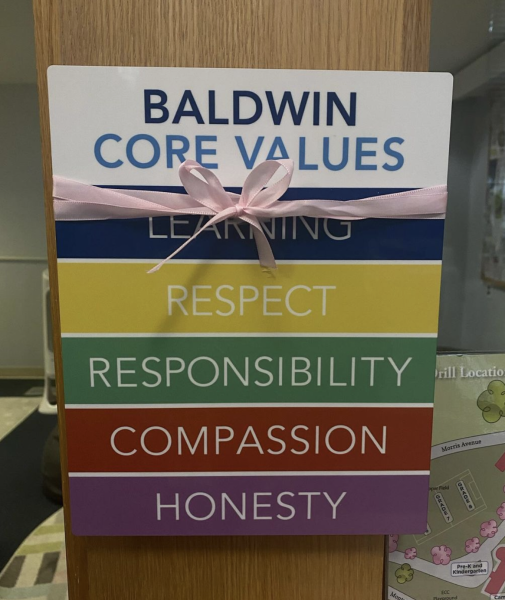Why I Gave Up Meat for the Environment
Meat is a staple in the diets of many people across the world. But the meat industry is also extremely detrimental to our environment. Not only does it produce harmful greenhouse gasses, such as methane and nitrous oxide, but it also requires extensive amounts of water and can have adverse effects on human health.
Animals such as cows, sheep, pigs, and buffalo produce a greenhouse gas called methane. Methane traps heat in the atmosphere, and is therefore a large contributor to global warming.
The agriculture industry is one of the biggest producers of methane. According to The New York Times, “In the United States, 42 percent of agricultural emissions come from animal agriculture…livestock accounts for between 14.5 percent and 18 percent of human-induced greenhouse gas emissions.”
Regardless of whether you believe that animals are meant to be consumed as food, the mass production of meat is seriously harmful to the atmosphere.
In addition to excess methane production, animal agriculture also consumes significant amounts of water. This is due to the large amount of water necessary to grow food for cows.
According to Denver Water, “It takes approximately 1,847 gallons of water to produce 1 pound of beef — that’s enough water to fill 39 bathtubs all the way to the top.”
Beyond these threats to the environment, meat consumption harms human health as well. According to Harvard Health Publishing, eating red and processed meat has been linked to various diseases such as “heart disease, cancer, diabetes, and premature death.”
Clearly, there are many harmful effects of meat production on both the environment and personal health, all of which drove me to stop eating any meat besides the occasional seafood dish. But one does not need to completely cut out meat to help the environment.
In fact, The Huffington Post discovered that if Americans who are aware of the concept of “meatless Mondays”, which was 32% of people surveyed, followed it for 52 weeks, “it would be the equivalent of taking 1.6 million cars off the road for a year.”
Small efforts make a bigger difference compared to no effort at all, especially when done in large numbers. Next time you go out to grab a burger, consider opting for a more environmentally friendly meal and playing your part to save the planet.

